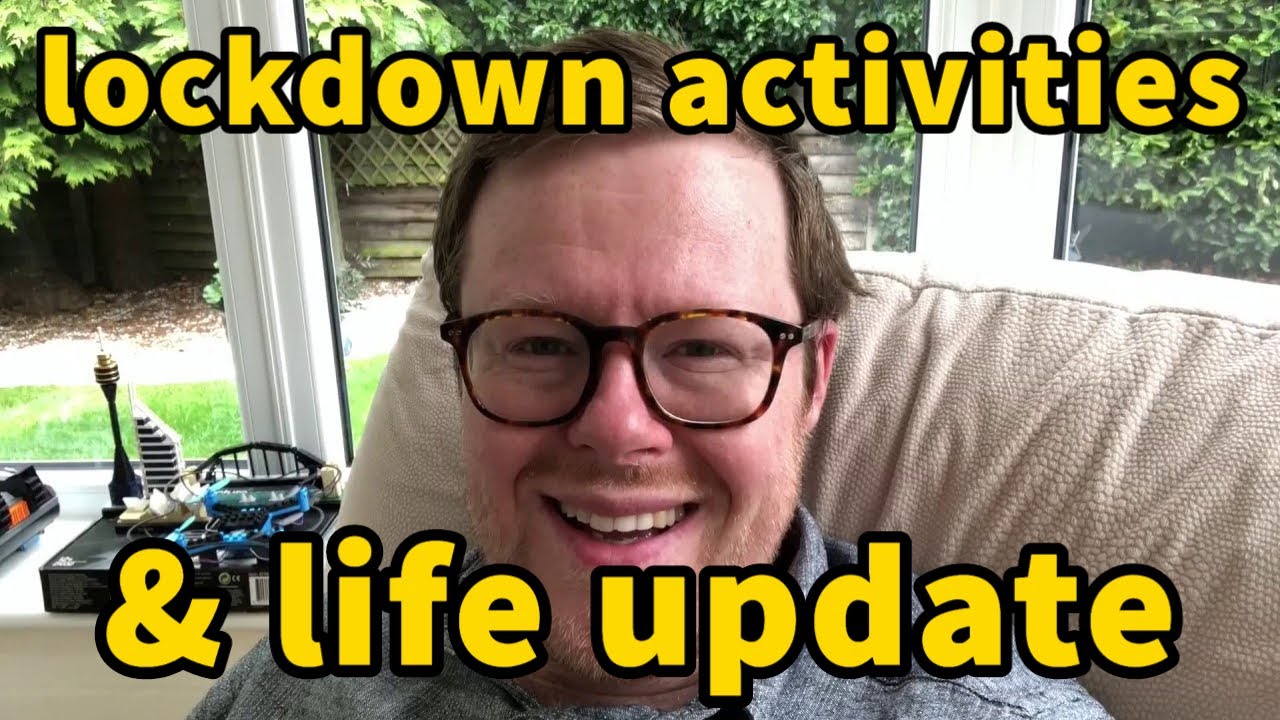The Walking Worried on Amazon: http://www.am-redirect.com/link.php?&usasin=B00TQ2LCXM&gbasin=B00TQ2LCXM&keywords=aron%20bennett%20walking%20worried
PART 2 Coming on Sunday…
An interview with Aron Bennett, a sufferer of OCD and author of three books on mental health. In part 1, we talk about Aron’s personal story of living with OCD, and about his first book, “The Walking Worried”, which is an autobiographical and educative account of living with obsessive thoughts.
Born in 1986, Aron Bennett from Essex has lived with OCD for a number of years. Following a second spell during his university years in 2004, Aron decided to write about his rather heteroclite experiences in a bid both to make sense as well as to end some of the ‘generational shame’ that still encircles this disorder. A graduate from Law school from Lancaster University, Aron currently lives in Norwich where, outside of office hours, he works as a regional volunteer for the UK-based charity, OCD Action.
This is a powerful book. Written with an engaging style and clearly describing the mental turmoil of OCD, this book clearly describes how hard it can be for an OCD sufferer to find and accept the correct solution. After trying a plethora of therapies and approaches, some of which feed into his symptoms of over-thinking and analysing everyday conundrums, the author eventually discovers that “less is more” in therapy. In his journey, the author discovers that, rather than a terrifying experience whereby he would be expected to expose himself by performing his obsessive thoughts, Exposure and Response Prevention (ERP) is, in fact, a pragmatic approach to OCD. ERP does not involve performing the obsessive thoughts but requires exposure to situations which may generate obsessive thoughts and remaining there without performing any compulsions to “undo” these. Due to his fear of ERP, the author was treated using Third generational treatments. Whereas such therapies may have their place in other conditions or after conventional treatment has not produced the desired results, they are not first-line tried and tested treatments for primary OCD. The story does however have a happy ending as the author eventually learns that he needs to expose himself to the risk that he may not always be perfect and that there may not always be perfect answers but that he needs to take the risk that he will sometimes be “bad”.
Undoubtedly this book will give hope to many with OCD that there is “light at the end of the tunnel”. It is starting to be recognised that the treatment of Mental Health problems have usually been poor by comparison to physical health problems in NHS planning and policy. In addition, OCD is often overlooked and considered a mild condition when compared to conditions such as schizophrenia or depression. In fact, OCD can be a devastating mental health problem which can interfere with all aspects of a person’s life. This book also highlights the need of campaigning groups such as OCD Action to continue to push for better education and training of patients, carers and all healthcare professionals about the diagnosis and treatment of OCD in all its forms.
Dr Lynne M Drummond, Consultant Psychiatrist/Head National Service for OCD/BDD, South West London and St Georges NHS Trust











